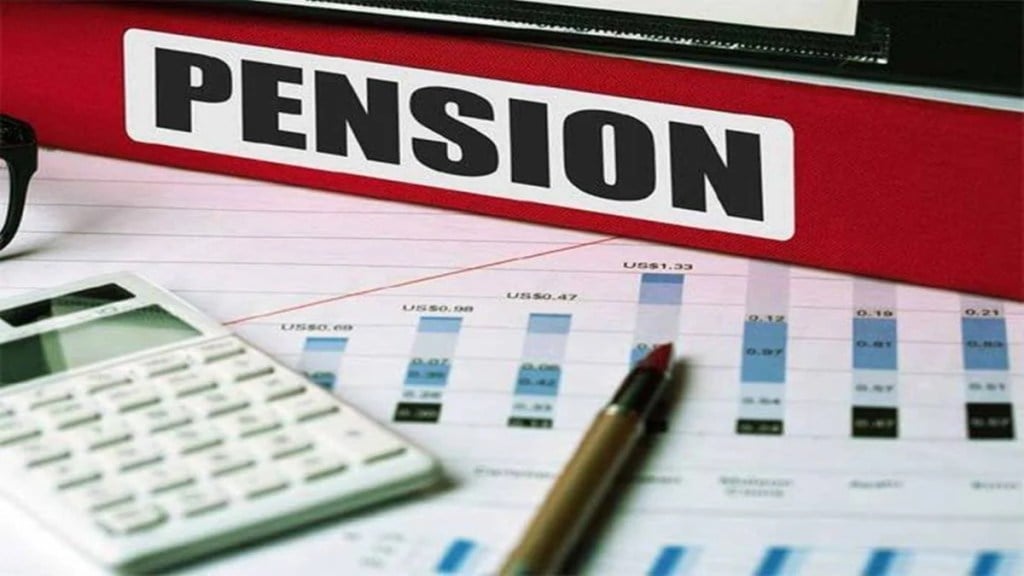In a relief for millions of central government employees and pensioners, the Centre has clarified the rules under which the pension amount, once fixed, can be recovered from a government employee.
The Department of Pension and Pensioners’ Welfare (DoPPW), under the Ministry of Personnel, Public Grievances and Pensions, has clarified that no pension or family pension can be reduced once finalised unless a clear clerical error, i.e., a writing or calculation error, is found.
Pensions will not be reduced after two years without approval
According to the order, if such an error is discovered after more than two years, approval from the Department of Pension & Pensioners’ Welfare will be required before reducing the pension or family pension. This means that the department will no longer be able to reduce anyone’s pension without high-level approval.
“…pension or family pension once authorised after final assessment or revised under Sub Rule 1 of Rule 66 of CCS (Pension) Rules 2021 shall not be revised to the disadvantage of the pensioner or family pensioner unless such revision becomes necessary on account of detection of a clerical error subsequently,” the DoPPW made it clear through its Office Memorandum issued on October 30.
“In case the clerical error is detected after a period of two years from the date of authorisation or revision of pension or family pension, no revision of pension to the disadvantage of the pensioner or family pensioner shall be ordered without the concurrence of the DoPPW,” it said.
This decision is significant because, many times, even years after the pension was finalised after retirement, the department would reduce the amount or send recovery notices citing an “error.” The new rule will prevent such situations and provide protection to pensioners.
What if excess payment is received by mistake?
The Office Memorandum also states that if an excess payment is received due to an error in pension calculation, and the pensioner was not at fault or misinformed, the relevant ministry must decide whether to recover or waive the amount.
The ministry will need to consult the Department of Expenditure for this purpose. If the decision is made to withdraw the amount, the pensioner will be given a two-month notice to return the amount. If this is not done, the department may recover the amount in installments from future pensions.
“If, consequent on revision of pension or family pension under sub-rule 2, an excess payment of pension or family pension is found to have been made to the pensioner or family pensioner and if such excess payment is not on account of any misrepresentation of facts by the pensioner or family pensioner, the administrative Ministry or Department shall examine in consultation with the Department of Expenditure whether or not recovery of such excess payment can be waived off and issue appropriate orders in accordance with the relevant rules and instructions in this regard,” the ministry said.
Strict adherence to the rules is necessary
The Pension Department has instructed all ministries and departments to ensure mandatory implementation of this order.
Officials have been instructed to communicate this rule to all relevant branches and pension sections so that no pensioner faces unnecessary inconvenience in the future.
Why this decision is important
In many cases, it was observed that even years after retirement, the department would reduce pension amounts by claiming an “erroneous excess pension,” causing financial hardship to elderly pensioners.
The new directive will now ensure that pension revisions will only occur in the event of a genuine clerical error, and that too within a limited period (two years).
This order will not only bring transparency but will also increase trust in the government pension system.


